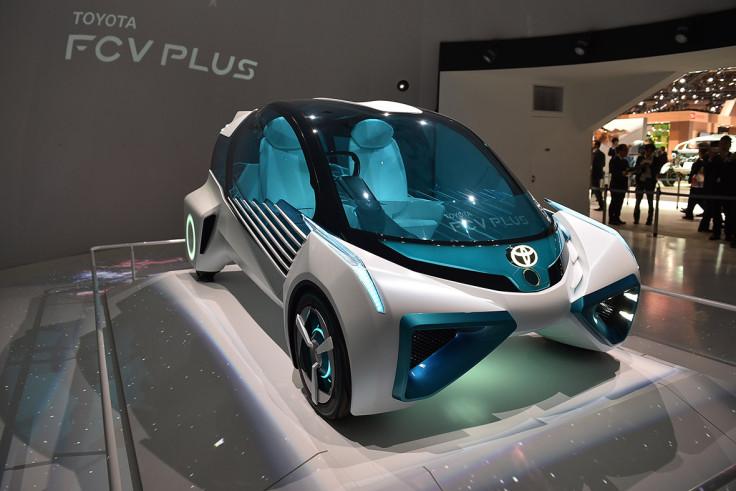Toyota aims to develop AI-based driving system in five years to improve vehicle safety

Japanese automaker Toyota Motor Corp is planning to develop driver assistance that will be based on artificial intelligence (AI) within the next five years to improve the current state of vehicle safety. The company said it will shell out $1bn (£683m) for this venture as competition for developing self-driving cars intensifies.
"Some of the things that are in car safety, which is a near-term priority, I'm very confident that we will have some advances come out during the next five years," said Gill Pratt, CEO of the Toyota Research Institute to Reuters. Pratt said the company aims to improve car safety by creating a system through which vehicles would be able to anticipate and avoid potential accident situations.
The company wants to differentiate between what companies like Google are testing with their driverless cars where the in-built driver assistance systems avoid obstacles within the car's lane. But Toyota hopes to achieve an AI solution to enable the vehicle to evade obstructions beyond the one lane, which will make it suitable for a variety of terrains.
"The intelligence of the car would figure out a plan for evasive action. Essentially (it would) be like a guardian angel, pushing on the accelerators, pushing on the steering wheel, pushing on the brake in parallel with you," says Pratt.
Currently Toyota, which makes the Prius hybrid, Camry sedan and the luxury Lexus models, already uses sophisticated robotic arms in auto production. Toyota has already produced some great robotics technology and hopes to use the sensing technology in them in their automobile products.
The announcement comes just weeks after another Japanese auto giant, Honda Motor Co announced that it was setting up a new research body that would focus on artificial intelligence. Other global automakers like Ford and Volkswagen AG have also expressed their interest in investing in AI and robotics research to make better auto products.
© Copyright IBTimes 2025. All rights reserved.





















